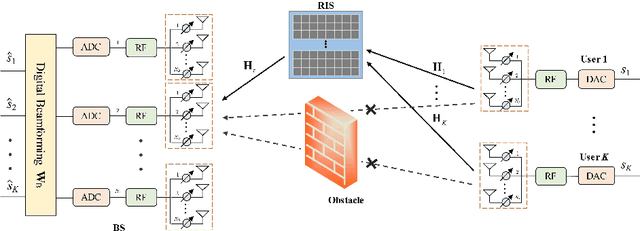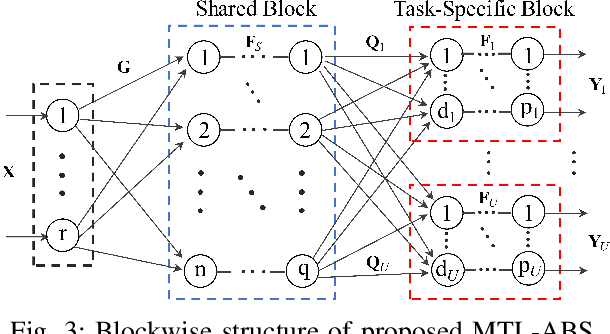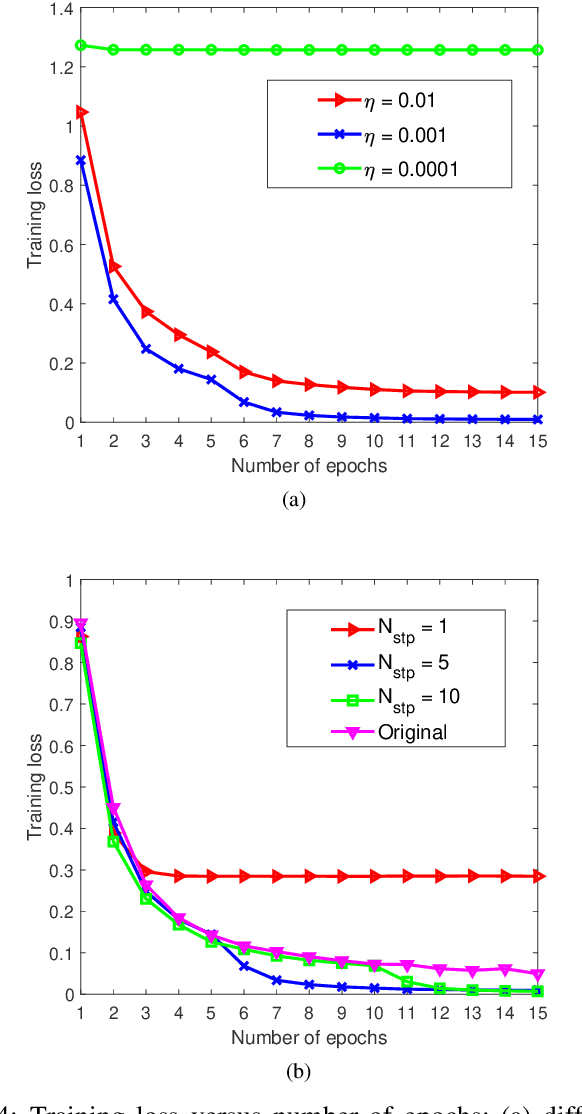Beam Selection for RIS-Enabled Terahertz Multi-User MIMO Systems via Multi-Task Learning
Paper and Code
Jul 06, 2022



Reconfigurable intelligent surface (RIS) and hybrid beamforming have been envisioned as promising alternatives to alleviate blockage vulnerability and enhance coverage capability for terahertz (THz) multi-user multiple-input multiple-output systems that suffer from severe propagation attenuation and poor diffraction. Considering that the joint beamforming with large-scale array elements at transceivers and RIS is extremely complicated, the codebook based beamforming can be employed in a computationally efficient manner. However, the codeword selection for analog beamforming is an intractable combinatorial optimization (CO) problem. To this end, an iterative alternating search (IAS) algorithm is developed to achieve a near-optimal sum-rate performance with low computational complexity in contrast with the optimal exhaustive search algorithm. According to the THz channel dataset generated by the IAS algorithm, a multi-task learning based analog beam selection (MTL-ABS) framework is developed to further decrease the computation overhead. Specifically, we take the CO problem as a multi-task classification problem and implement multiple beam selection tasks at transceivers and RIS simultaneously. Remarkably, residual network and self-attention mechanism are used to combat the network degradation and mine intrinsic THz channel features. Finally, blockwise convergence analysis and numerical results demonstrate the effectiveness of the MTL-ABS framework over search based counterparts.
 Add to Chrome
Add to Chrome Add to Firefox
Add to Firefox Add to Edge
Add to Edge